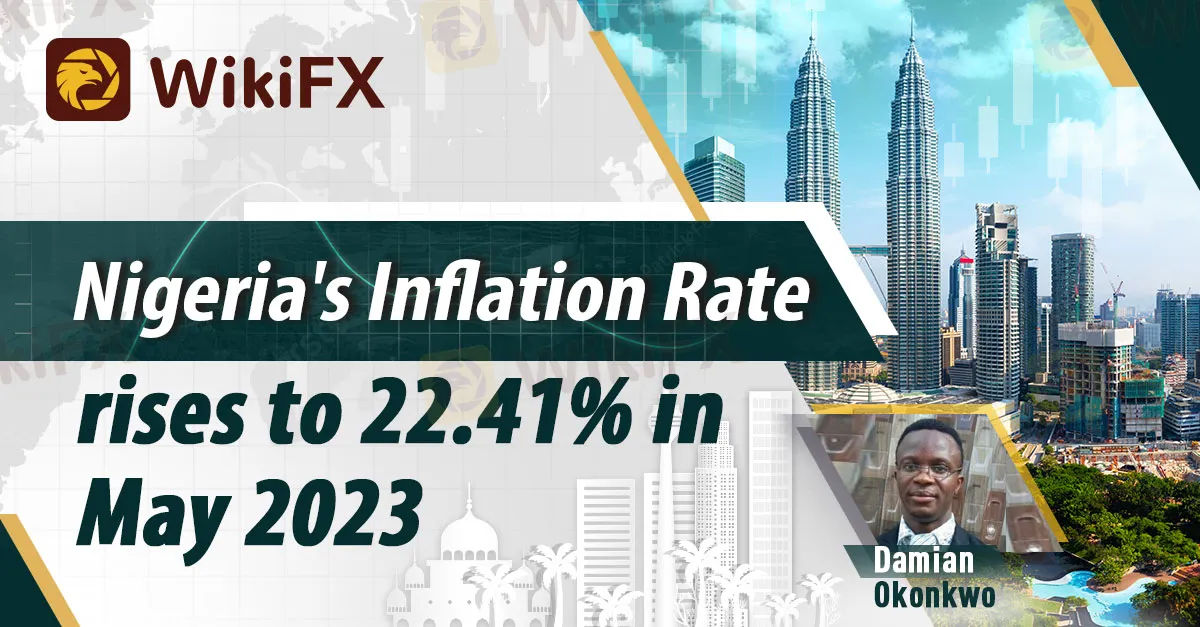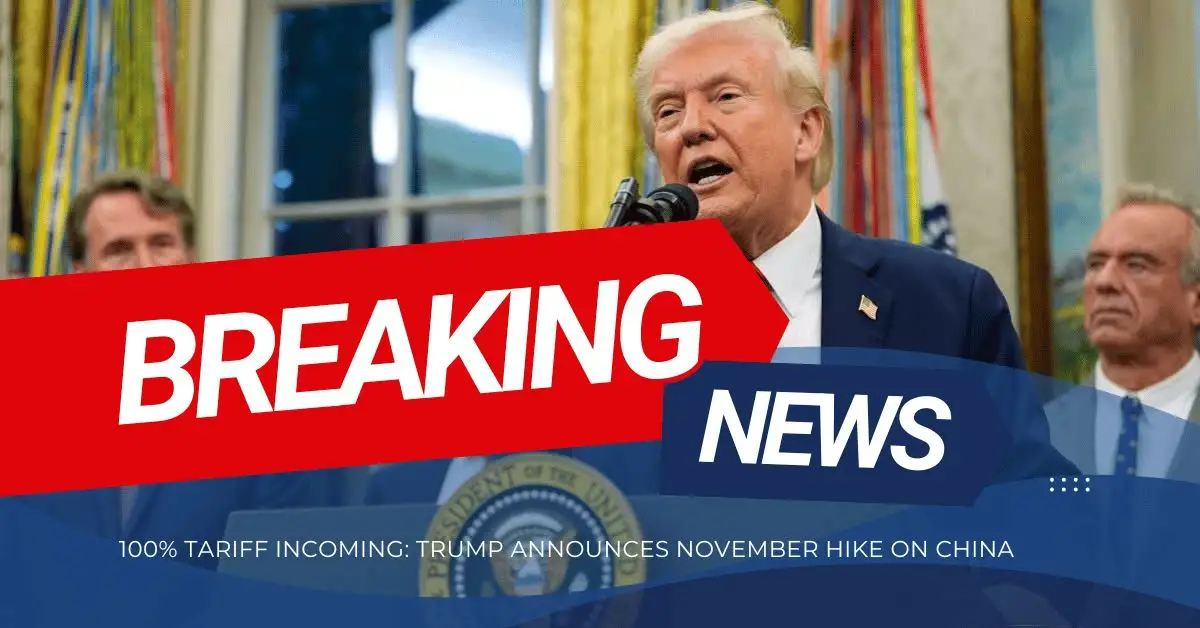Abstract:Nigeria's inflation rate surged to a seventeen years high in May 2023 by rising to 22.41%. The inflation rate was up by 0.19% compared to its previous level in April 2023 at 22.22%

By: Damian Okonkwo

Nigeria's inflation rate surged to 22.41% in May 2023, this shows an increase of 0.19% compared to the previous record in April when the inflation rate rose to 22.22%. The current inflation rate stands out as the highest level in over 17 years.
The inflation rate on a year-over-year basis increased by 4.70% when compared to the 17.71% inflation rate increase witnessed in May 2022.
The rise in inflation was driven by several factors, including rising food prices, increased transportation costs, and a weaker naira.
Food prices rose by 24.82% in May, with the prices of staple foods such as bread, rice, and beans all rising significantly. Transportation costs also rose, as the price of fuel increased by 14.99%. The naira also weakened against the US dollar, making imported goods more expensive.
The high inflation rate is today a major concern for businesses and consumers. Businesses are facing higher costs, which could lead to higher prices for goods and services. Consumers are facing higher prices, which could reduce their purchasing power.
The high inflation rate is equally a sign of the economic challenges facing Nigeria. The government and businesses will need to work together to find ways to control inflation and improve the economy.
Here are some of the factors that are contributing to the high inflation rate in Nigeria:
· Rising food prices: Food prices are rising due to many factors, including:
· A poor harvest due to drought and other weather-related factors
· Increased demand for food due to population growth.
· Government policies.
· Increased transportation costs.
· Increased fuel prices
· Increased road congestion
· Increased security risks
· A weaker naira: The naira has weakened against the US dollar in recent years, making imported goods more expensive.
Some of the potential consequences of the high inflation rate in Nigeria
Decline in economic growth: High inflation can lead to a decline in economic growth. This is because businesses are less likely to invest and hire new workers when inflation is high.
Rise in poverty: High inflation can lead to a rise in poverty. This is because people have less money to spend when prices are rising.
Social unrest: Rising inflation rates could result in social unrest within the region. This is because people become frustrated when they cannot afford their basic needs.
Conclusion
The rising inflation rate in Nigeria today has several implications for the businesses existing in the region and can increase hardship and social unrest among the citizens. It, therefore, beckons on the government to take urgent steps to bring down the inflation rate to the barest minimum.











